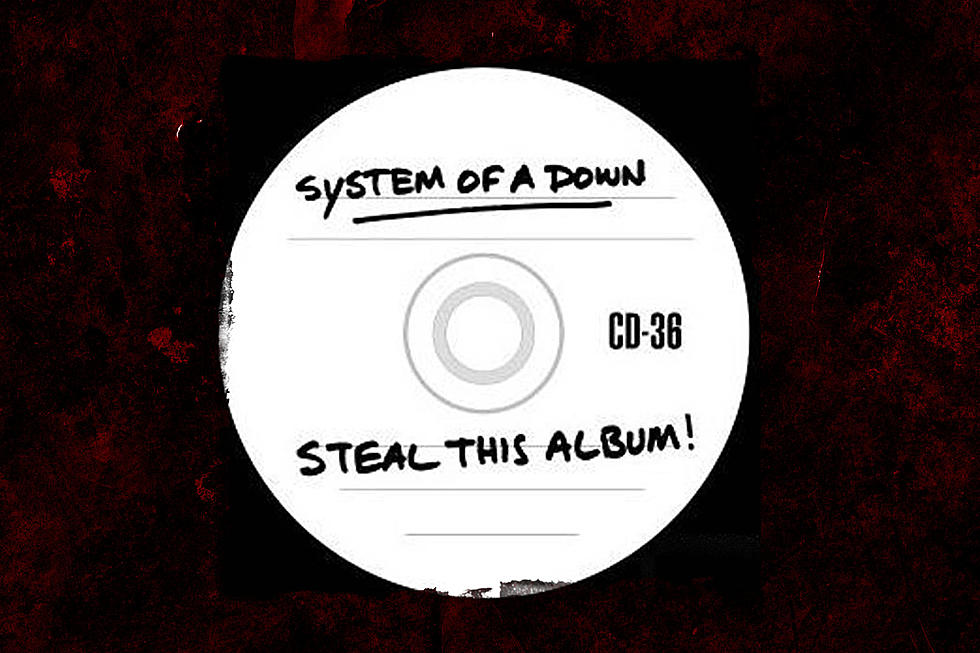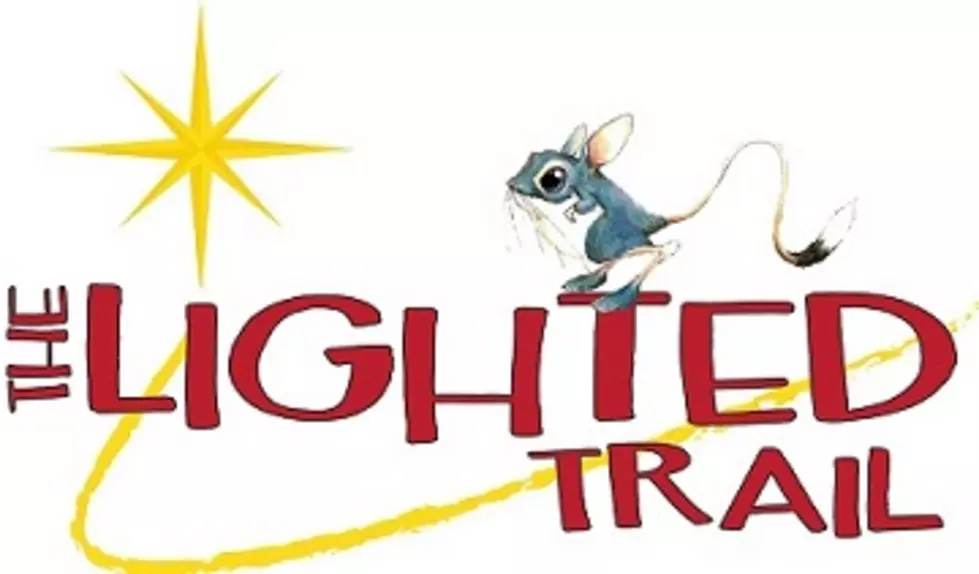
21 Years Ago: System of a Down Encourage Fans to ‘Steal This Album!’
The music industry was going through seismic changes at the turn of the 21st Century, thanks to accelerating advancement of technology, the Internet and a specific revolutionary catalyst called the MP3 file, which allowed fans to indiscriminately share music, both digitally and illegally, via groundbreaking digital tools like Napster. Every musical artist on earth, without exception, was caught in the crosshairs of this new technology and the sudden, illicit consumer behavior it encouraged -- most notably top heavy metal dogs Metallica, who led the charge in fighting Napster head on in court, and duly lost their shorts in the court of public opinion, for looking like a bunch of grumpy old capitalists.
But another band victimized by the unauthorized leak of unreleased recordings in this new age of music piracy was Los Angeles nu-metal quartet System of a Down, when a series of outtakes from their sophomore album, Toxicity, somehow made its way out of the vaults and into file-traders' hands, in early 2002.
Only a few months prior, in September of 2001, the group had unleashed their breakthrough sophomore album Toxicity and finally begun enjoying mainstream success, nearly four years after their watershed self-titled debut had alerted discerning metal fans to the group's wildly original (and just plain weird) musical formula -- summarized by some as Slayer jamming with Faith No More!
Now, barely six months after Toxicity's release, over a dozen new songs -- demos, essentially -- were being liberally bandied across cyberspace, to the delight of fans, simply happy to hear more SOAD, and the band's consternation over unfinished cuts informally referred to as "Toxicity II."
So System of a Down, to their credit, made the best of a bad situation by hastily polishing off most of the tracks in question and preparing an official release for the holiday shopping season, which they wrapped in a spartan package inspired by all those home-burned CDRs made and then ironically named the disc Steal This Album!, in reference to political activist Abbie Hoffman.
On Nov. 26, 2002, System of a Down's Steal This Album officially hit stores. The album had been produced by System's own Daron Malakian, with in-demand producer Rick Rubin adding his Midas touch to the recordings as well. Some of the recordings had begun during the Toxicity sessions, but had been left out due to continuity issues. However, the band insisted the material was not a b-sides set and have praised the recordings as some of their stronger work.
System of a Down, "Innervision"
The driving rocker "Innervision" enjoyed the greatest bit of success from the album, climbing to No. 12 on the Mainstream Rock chart. The song urged the listener toward inner soul searching, with Serj Tankian offering up the insightful lines, "There's only one true path in life / The road that leads to all leads to one."
The band also gave their song "Boom" some attention, using the music to soundtrack a video spotlighting the Feb. 15, 2003 worldwide peace demonstration in which 10 million people in 600 cities that at the time became the largest peace demonstration ever. The track, a high energy rocker with Tankian mostly speaking rather than singing, built in intensity while driving home its point. While there wasn't a deep push in terms of singles, tracks like "I-E-A-I-A-I-O," "Mr. Jack" and the album opener "Chic 'N' Stu" had their share of fans.
System of a Down, "Boom!"
Fans did their part for System despite the leak, scooping up a million-plus copies of the release and lapping up 16 tracks that featured all of the usual, lovable SOAD musical eccentricities with a more stripped down sound reminiscent of the group's paradigm-shattering debut.
So, while it's a bit of a disingenuous stretch to call Steal this Album! a win-win situation, SOAD's forward-thinking response was infinitely better than Metallica's and other artists' short-sighted, "put the genie back in the bottle" reaction to digital piracy -- which sadly mirrored the prevailing music industry attitude for the next decade or so.
System of a Down Albums Ranked
More From 98.7 Jack FM










